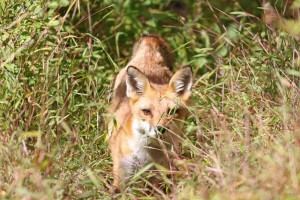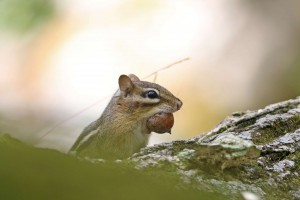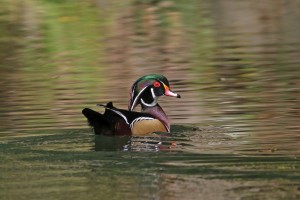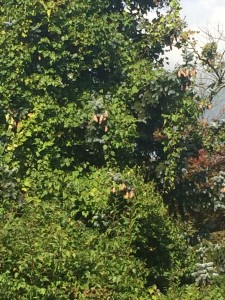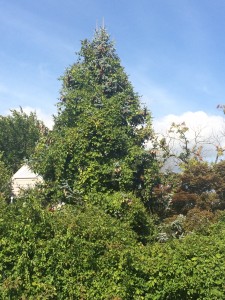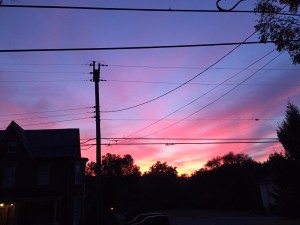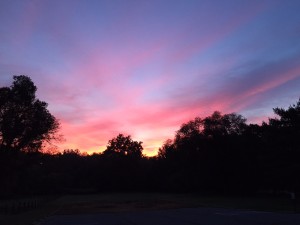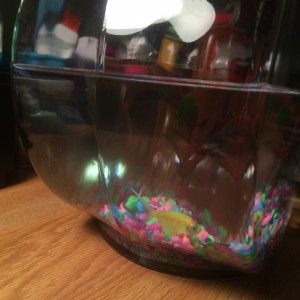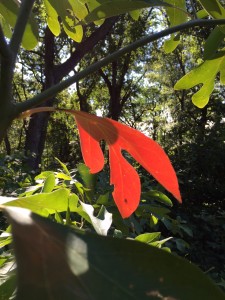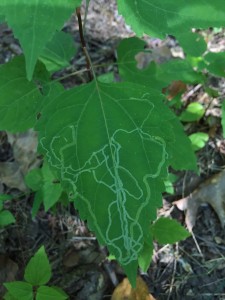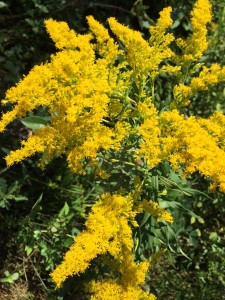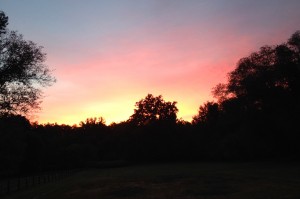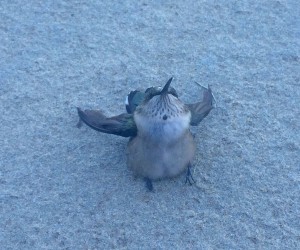Russell’s book got me thinking about who is it that is doing citizen-science, since much of science is still dominated by white males, and to a lesser extent white females. It would seem that a positive attribute of citizen science is that it should remove most of the academic/economic/social (i.e. college degree) obstacles to participation in natural science, and thereby possibly appeal to folks from all walks of life. Indeed I did find several references to this while cruising the internet looking at citizen-science projects. This Hudson River Eel Project sounds particularly cool to me (cooler than tiger beetles). Here is a NYTimes op-ed about the project – well-worth a read.
In related matters, the other evening I saw entomologist Doug Tallamy (author of “Bringing Nature Home“, excerpts of which we will read later) speak about the ecological impacts of non-native plants in our home landscapes. Much of his data has been generated on his own 10-acre property, and he mentioned that he runs a citizen-science project, where people submit pictures of birds with insects in their bills, and he identifies the insects. It turns out that caterpillars (rich in protein, fats, and carotenoids) are really important in the diet of songbirds during the nesting season, and if there are no native trees and shrubs, there are very few caterpillars to be had, and thus few birds. Sounds like another version of Silent Spring? Here’s a description of his project.

